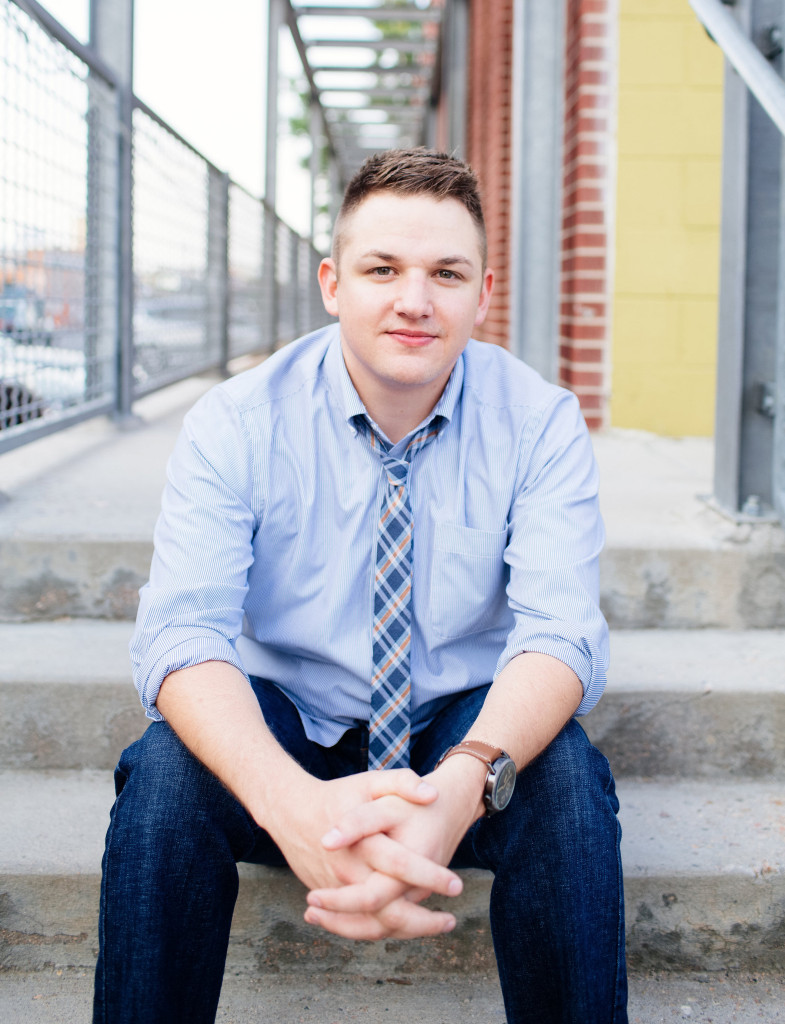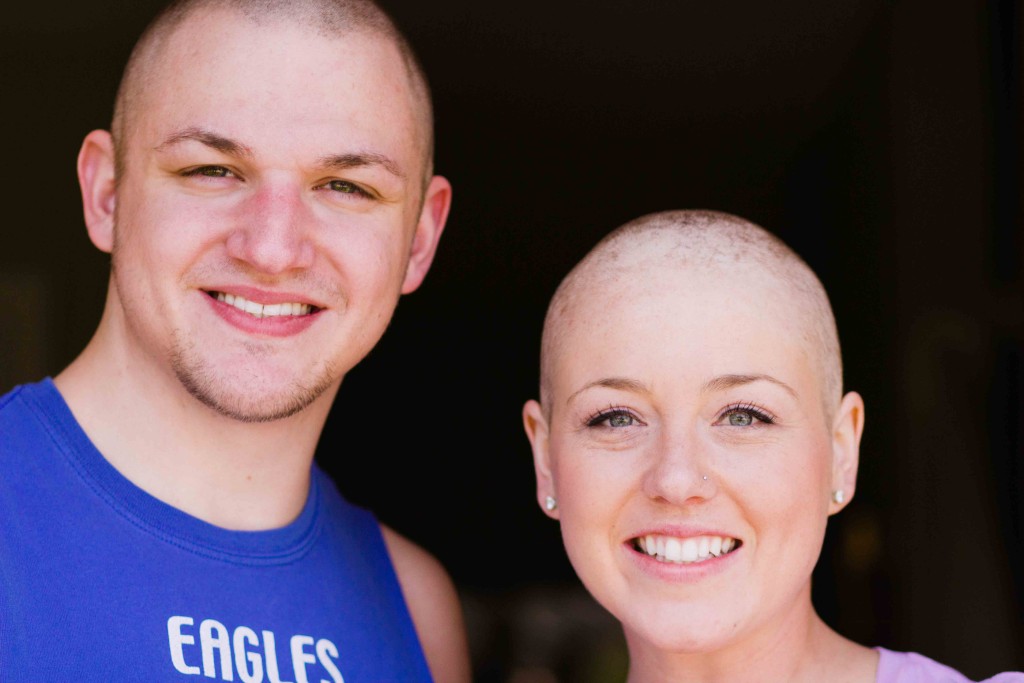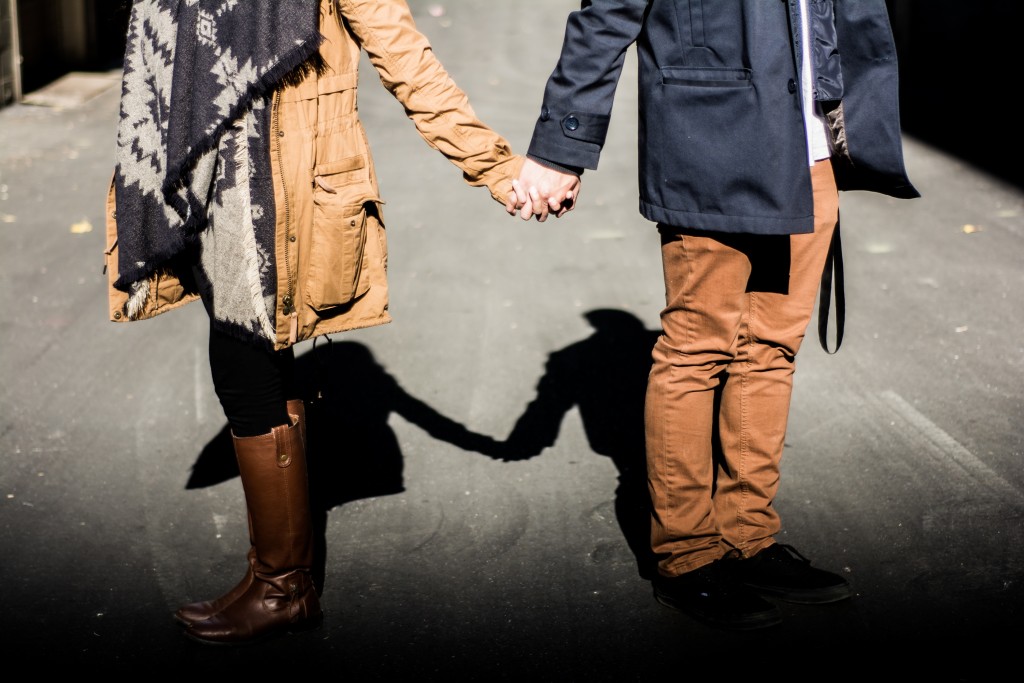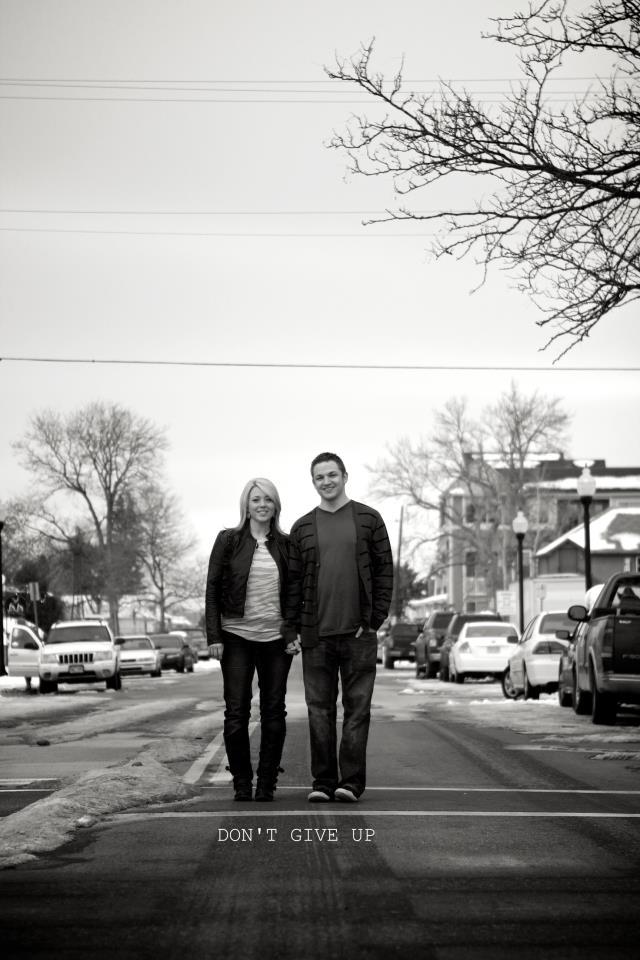
Seven years.
Today marks seven years of marriage for my husband and I, and I find myself reflecting over the gravity of our journey in learning what love and commitment really are and what vows really mean. For those of us who are married, many could say that we never fully comprehended the reality of the vows we shared with our spouse on the day we wed. Excitement and naivety clouded the promises we spoke to one another. Many are simply looking forward to the party to follow or the evening ahead. For Matt and I, we were just so happy to finally live in the same house. No more driving hundreds of miles to visit one another in our long distance relationship. We could fall asleep and wake up to each other forever. It was us against the world.
Marriage then is not what marriage is now.
In sharing our story with married friends recently, Matt and I have realized just how grateful we are to have endured suffering early on in our relationship. At first it seemed unfair, cruel, and isolating. We were the only young couple we knew walking through such a treacherous journey. Most of our mentors hadn’t even experienced the depth of tragedy and trauma in their own decades-long marriages. We were treading through waters that hadn’t yet been discovered.
Matt and I had only been married for a little over one year when his mother suddenly and unexpectedly passed away at the age of 54. We were 24 and 25 years old, left to navigate such a burdensome loss. Alongside his sister, we were responsible for making the tough decisions following their mother’s passing. The hours and days we spent in the funeral home speaking with the coroner and funeral director will forever be etched into my memory. We made the decisions on cremation, burial, funeral plans, and were even in charge of cleaning out her home. Everything was up to us.
It’s something many don’t face until much later in life, yet there we were, newlyweds in our twenties. Closing my eyes, I can picture myself sitting in the front row of the auditorium during her memorial service, watching my gentle husband deliver the eulogy with words full of encouragement, love, and faith, just days after his mother died. He was a pillar of strength when our world was crumbling.
Only five months after my mother-in-law passed away, Matt and I sat in a cold and sterile examination room receiving the news that I had cancer. Still in a fog from our recent loss, we were facing yet another season of suffering. Initially, I had been diagnosed with stage 1 cervical cancer, but soon discovered that I was actually stage 3, high-grade, metastatic large-cell neuroendocrine cancer with a less than 20% chance of surviving the first year. Our marriage was on the line. My life was on the line. We had a decision to make. We thought back to a quiet moment in the funeral home months earlier when the coroner looked at both of us and boldly said, “I have seen tragedy like this break marriages. But it doesn’t have to. You either choose to let it separate you, or you choose to let it unite you.” Upon hearing my diagnosis, we made our decision.
Life sped by quickly as we met with several doctors and began forging a treatment plan. With my husband by my side, I was diagnosed by my gynecologist on a Wednesday, met with my oncologist that Thursday, and was sitting in the office of our fertility doctor that Friday. Because of the aggressiveness of my diagnosis, we had to make life-changing decisions quite rapidly. We were given one hour to decide whether we would pursue harvesting my eggs to preserve my fertility, or move forward with the necessary radical hysterectomy. We were in our home, drenched in tears, full of fear, sorrow and grief clinging to each other, and we began to pray. We asked for clarity, direction, and peace. Soon our tears dried and our prayer stopped, and Matt, with strength and tenderness said, “I didn’t marry you for the children you could give me. I married you for who you are. And I need you here. Our future kids, no matter if biological or adopted, need a healthy mom.” The following week, I underwent a radical hysterectomy. 25 and 26 years old.
In the last seven years, we have faced suffering we could have never prepared for. Death, grief, infertility, pain, trauma, cancer. Though Matt’s mother died, we were both stripped of a mother. Though I was diagnosed, we were both diagnosed with the disease. That’s what marriage is. Not only sharing the “us against the world” moments when together you feel undefeatable, but also when your world and everything in it crumbles away and you feel weak, vulnerable, and afraid.
Too often, marriages fail because of seasons of suffering. And while I can’t speak into individual circumstances and won’t chide those whose marriages haven’t lasted, I will say that marriage takes more than just love to succeed. We often get asked how our marriage survived all that it has. Seven years ago we thought commitment meant fidelity and loyalty, yet now we understand commitment as a decision to choose each other above all else no matter what. For Matt and I, there can’t be anything that comes between us. And not that plenty hasn’t tried, believe me. Years of chemotherapy and radiation treatments, multiple surgeries and hospital stays, sudden infertility, early onset menopause, and the death of a mother all attempted to separate us. It’s only by the grace of God and our willingness to unite through it all that our marriage is beautiful and flourishing.
Our marriage then is not what is now. Marriage isn’t simply being together forever. Marriage is commitment through circumstance. It is love above fear. It is unity over division. After the majority of seven years full of suffering, our gratitude for one another is overflowing and much deeper than it has ever been. We have faced tragedy and chose to overcome together. We continue to choose each other above all else, letting nothing stand between us. We have a common goal, with eyes always focused on God. We’ve gained greater perspective through our suffering and are much better individuals and a much better couple for it. Suffering has refined us, not defined us.
Today, rather than letting these last seven years separate us, we celebrate our continued decision to let it unite us. Happy anniversary, my love. May we have seventy more, not without suffering, but with commitment, faith, perseverance, and unity.
Mark 10:9 (ESV)
“What therefore God has joined together, let nothing separate.”





